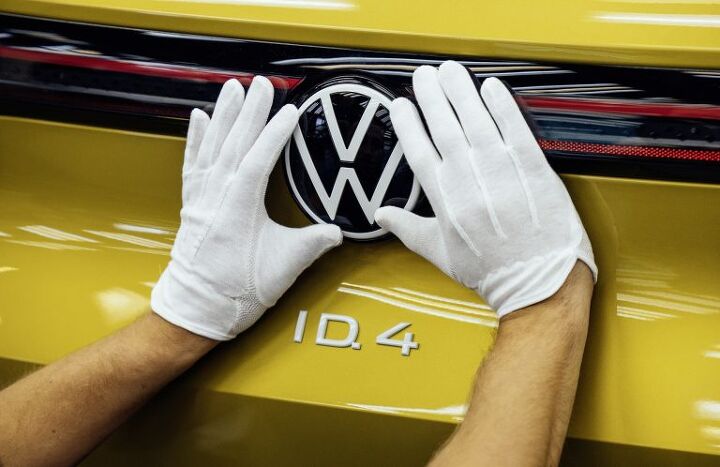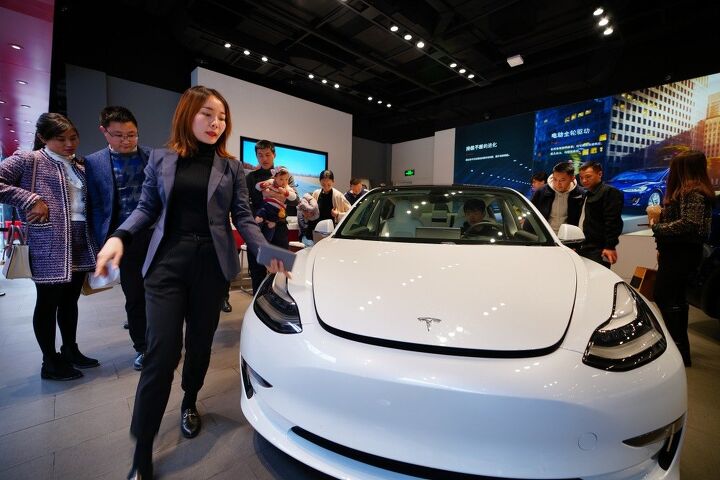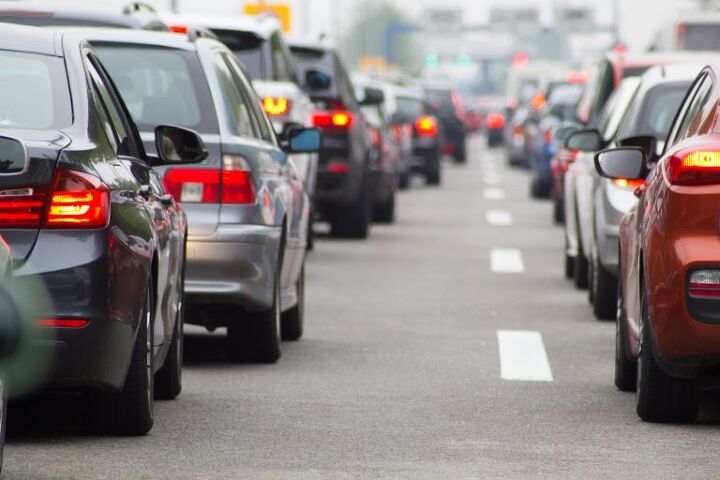#AutomotiveRegulation
Volkswagen Reportedly Buying Carbon Credits From Tesla China
One of Volkswagen’s joint ventures in China has reportedly offered to purchase regulatory credits from Tesla in order to adhere to the regional environmental ascendancy. While VW may be doing everything in its power to swap over to an electric-vehicle manufacturer, it’s apparently falling short of government dictums.
FAW-Volkswagen — which shipped a little over 2 million automobiles in Asia last year — happened to be one of the biggest polluters of 2020 according to China’s Ministry of Industry and Information Technology. As it turns out, selling internal combustion vehicles consumers actually want to purchase in large quantities has some kind of environmental cost. Fortunately, it’s one regulators think can be solved by buying green credits from rivals who do all of their polluting during the initial assembly process and launder any future emissions through the national energy grid.
Tesla Recalling 30,000 Cars Exported to China, Claims They're Fine
Tesla is recalling some 30,000 imported Model S and Model X vehicles in China over claimed defects in the suspension. According to China’s State Administration for Market Regulation, cars manufactured between September 2013 and January 2018 suffered from two distinct issues, with some vehicles having both.
But, almost as quickly as the story was brought to our attention, Tesla announced the accusations were baseless and the recall was being forced by the Chinese government. The group that’s being recalled accounts for most of the American-made EVs shipped to China by the brand. Since Tesla started manufacturing in Shanghai in 2020, U.S. exports have slowed to a trickle. The automaker seemed to hint that there may be political reasons behind the decision but stopped short of saying it wouldn’t comply with Chinese regulators.
National Transportation Safety Board Makes Biennial Recommendations in 'Most Wanted List'
The National Transportation Safety Board (NTSB) has released its “Most Wanted List” of Transportation Safety Improvements it would like to see implemented by 2020, placing the obligatory emphasis on enhanced safety regulations. While it’s not surprising that a safety board would be a stickler on the public’s welfare, the NTSB is pushing for more safety nets in an era where cars are less dangerous than ever. That meant the agency’s recommended occupant protection measures dealt more with refining infrastructure and curtailing undesirable behaviors than modifying automobiles — but there was some of that as well.
According to the NTSB, automakers, motorists, and the National Highway Traffic Safety Administration (NHTSA) should be focusing on finding better solutions to curtail distracted driving, operating a vehicle under the influence, and speeding. Then, and only then, can we achieve the NTSB’s dream of death-proof driving.


















Recent Comments